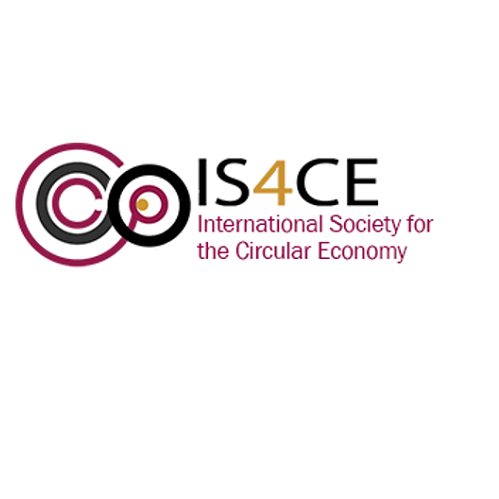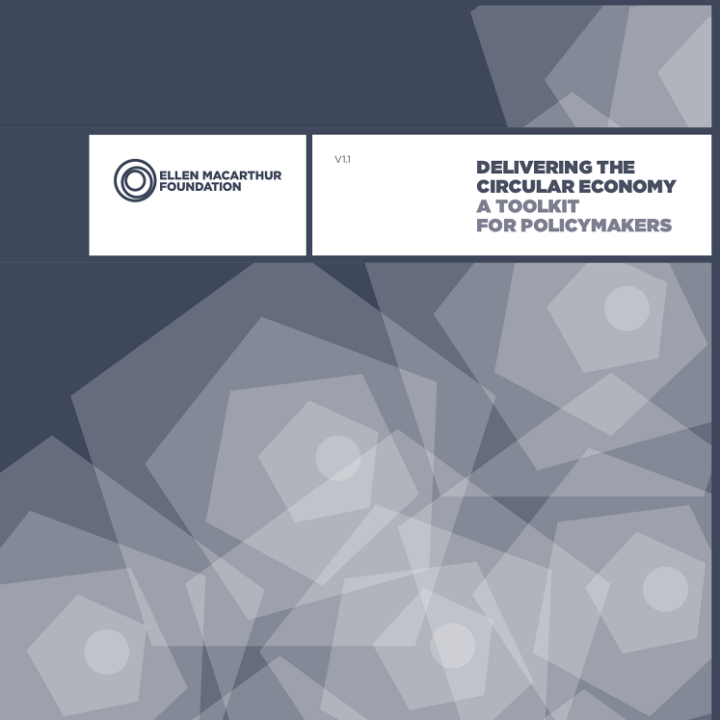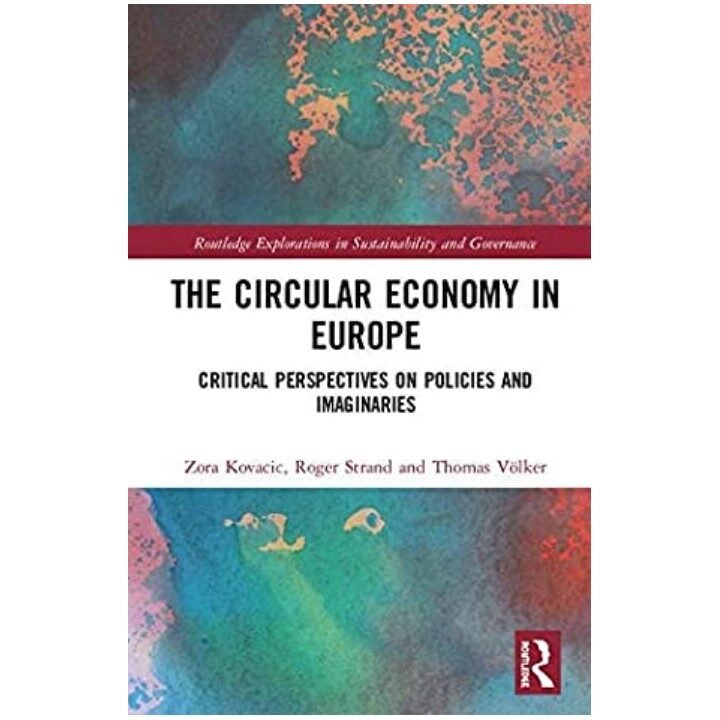A typology of circular economy discourses: Navigating the diverse visions of a contested paradigm
2020, Frianta, Vermeulen & Salomone
Abstract
The circular economy (CE) has recently become a popular discourse especially in government and corporate sectors. Given the socio-ecological challenges of the Anthropocene, the concept of CE could indeed help the transition to a sustainable, just and resilient future. However, the actual definition, objectives and forms of implementation of the CE are still unclear, inconsistent, and contested. Different actors and sectors are thus articulating circular discourses which align with their interests, and which often do not sufficiently examine the ecological, social and political implications of circularity. In this context, this research asks how to better navigate and analyse the history, complexity and plurality of circularity discourses by conceptually differentiating them in a comprehensive discourse typology. To answer this question a critical literature review has been carried out, which first, examines and reflects on the core challenges, gaps and limitations of the CE concept. Second, this research develops a comprehensive timeline of circularity thinking, which identifies and conceptually classifies 72 different CE-related concepts from the Global North and South (such as Gandhian and steady-state economics, buen vivir, doughnut economics and degrowth). This leads to the development of a typology of circularity discourses, which classifies circularity visions according to their position on fundamental social, technological, political and ecological issues. This research thus seeks to provide a basis for a more inclusive and comprehensive discussion on the topic, which opens the imaginary regarding the many circular futures that can exist and allows for a cross-pollination of ideas, policy options, strategies, practices and solutions.






